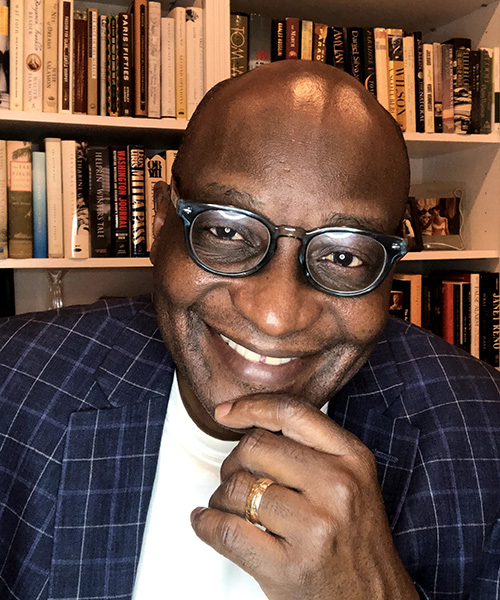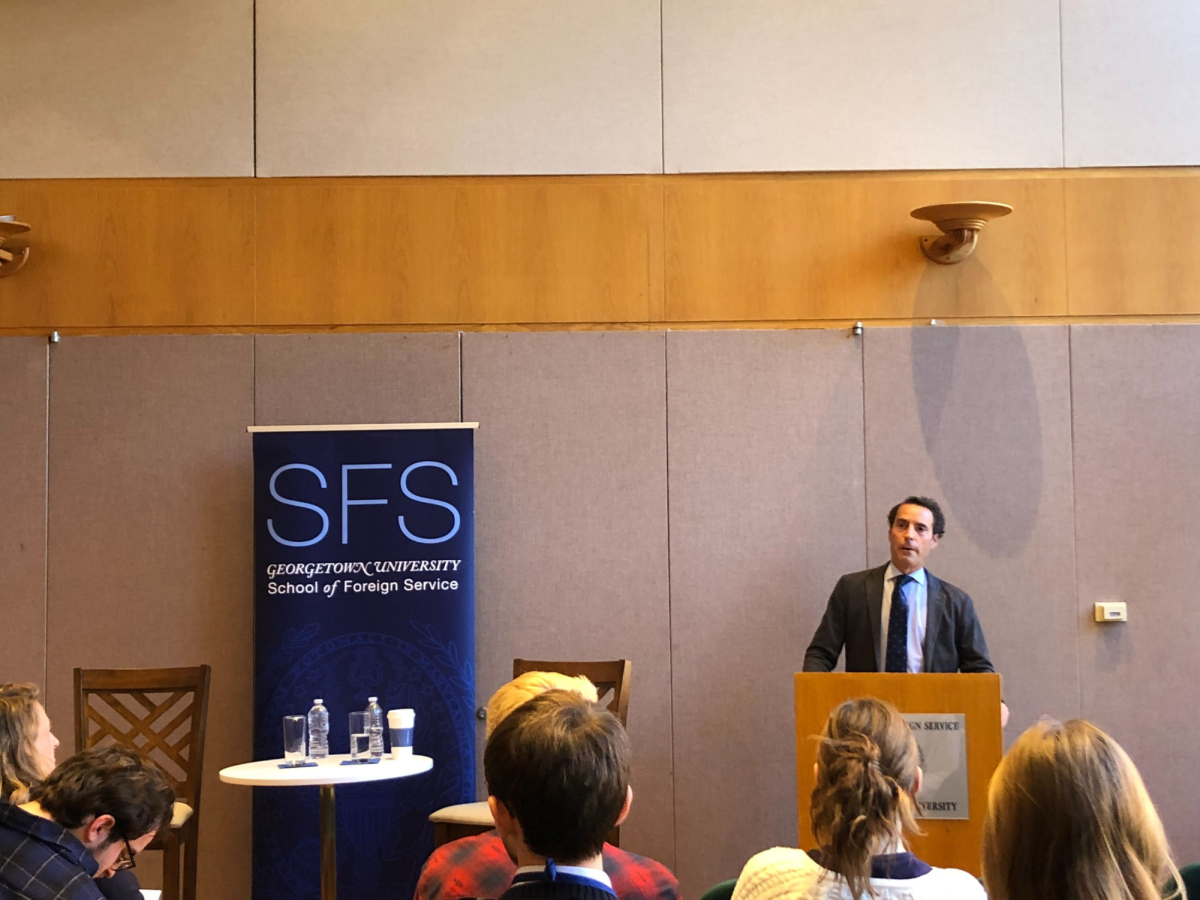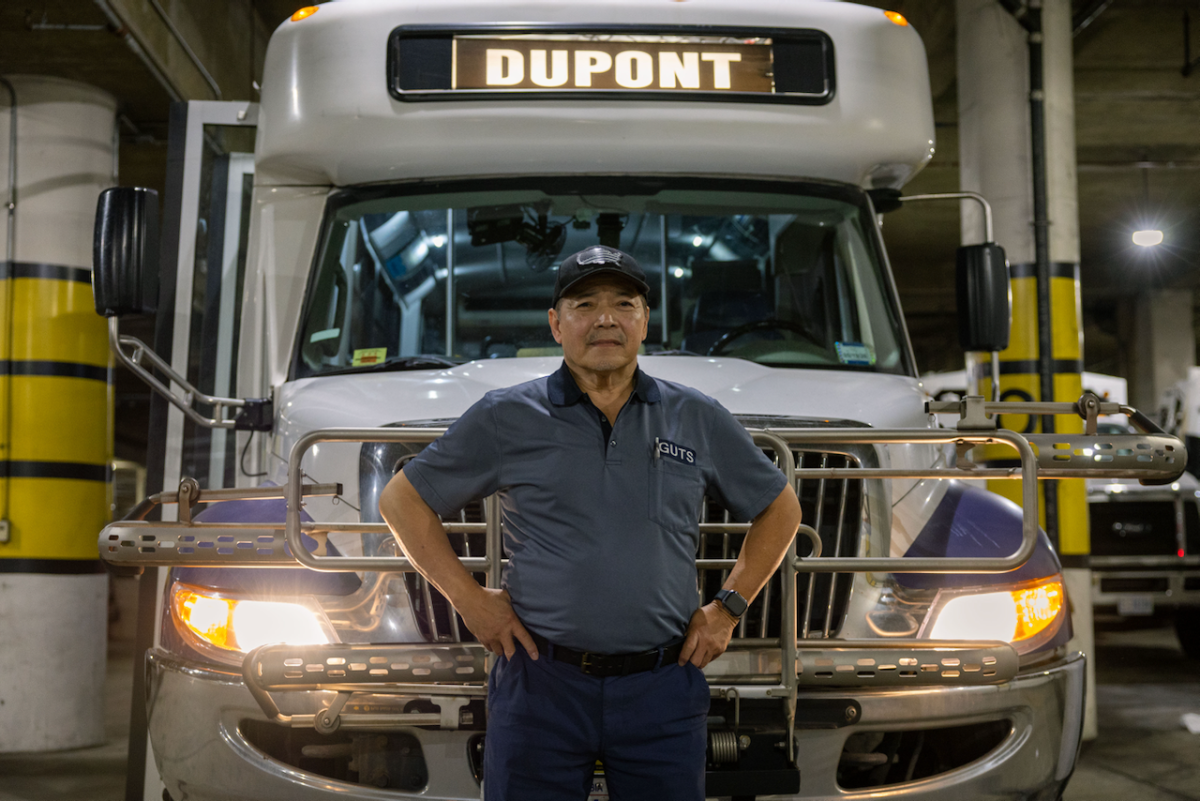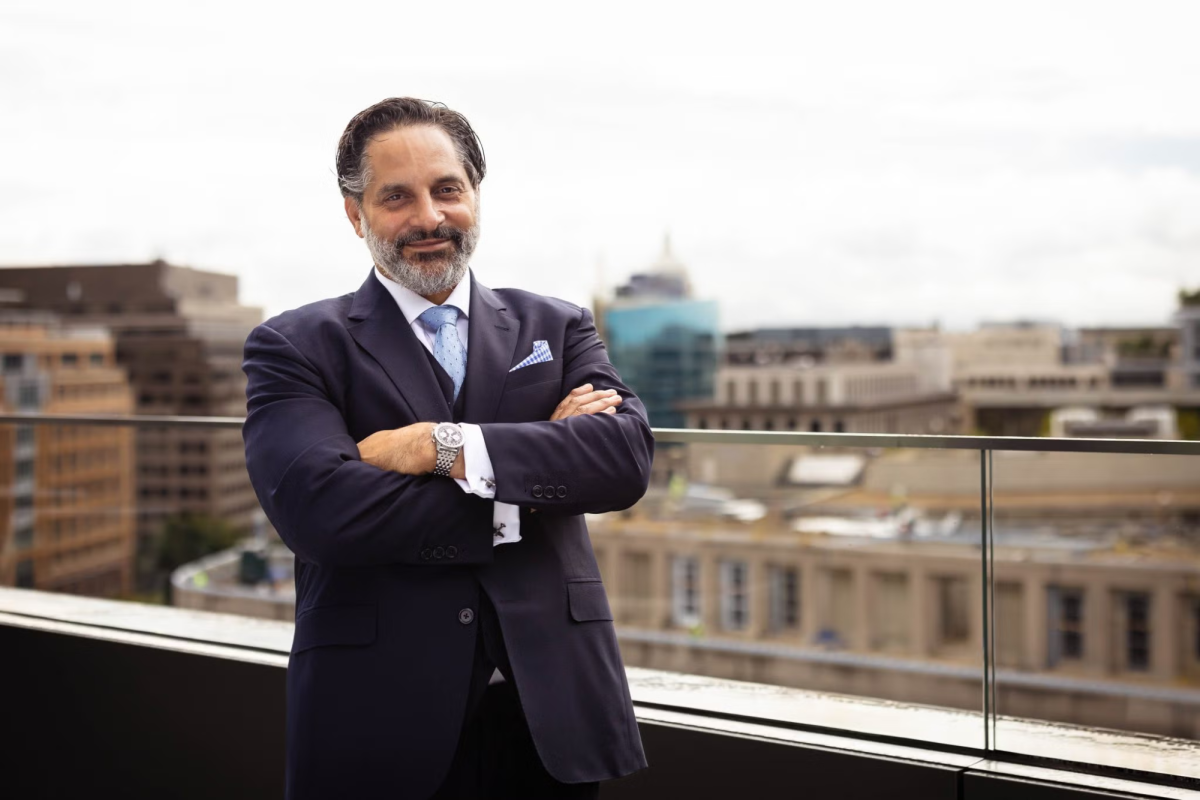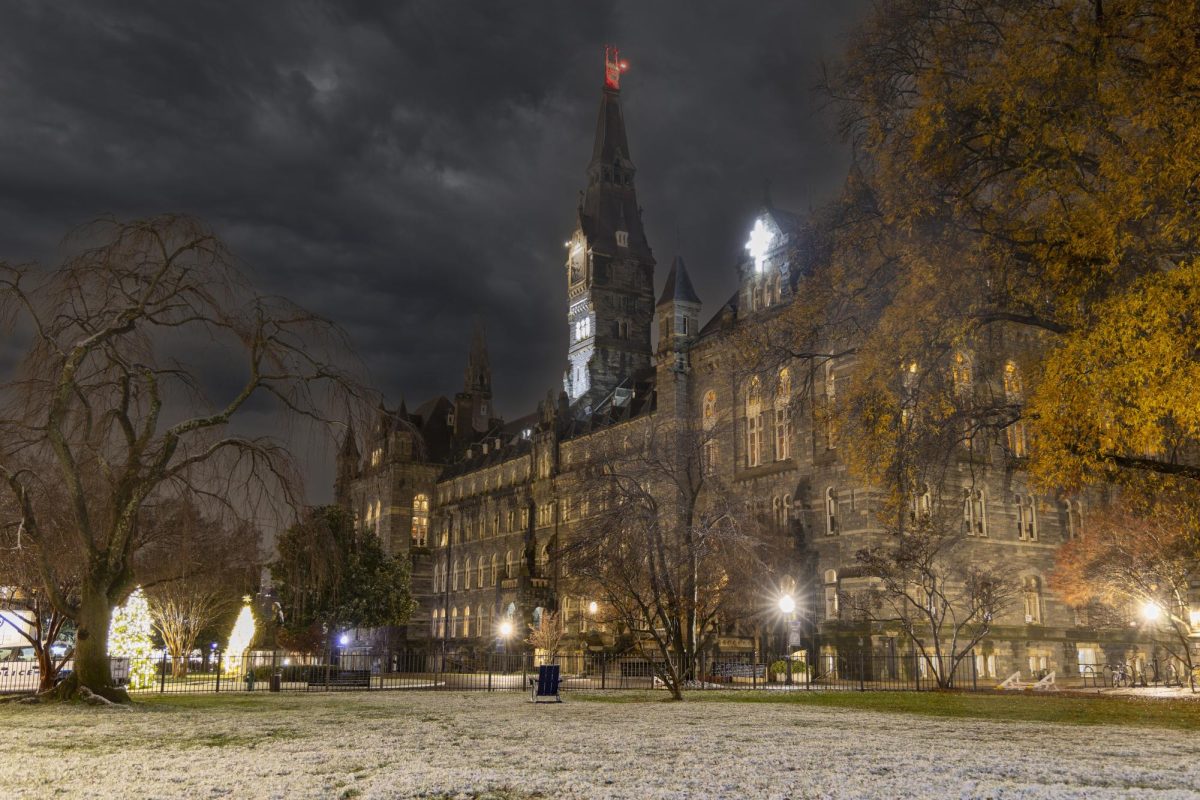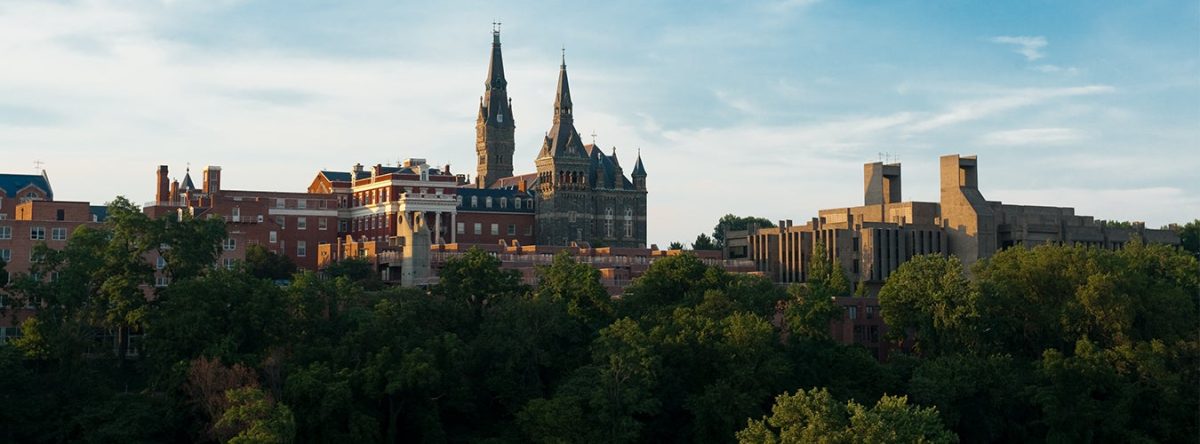The Georgetown University chapter of a faculty professional association is proposing greater restrictions on students recording class lectures and discussions, citing concerns over intellectual property violations and retaliation for speech.
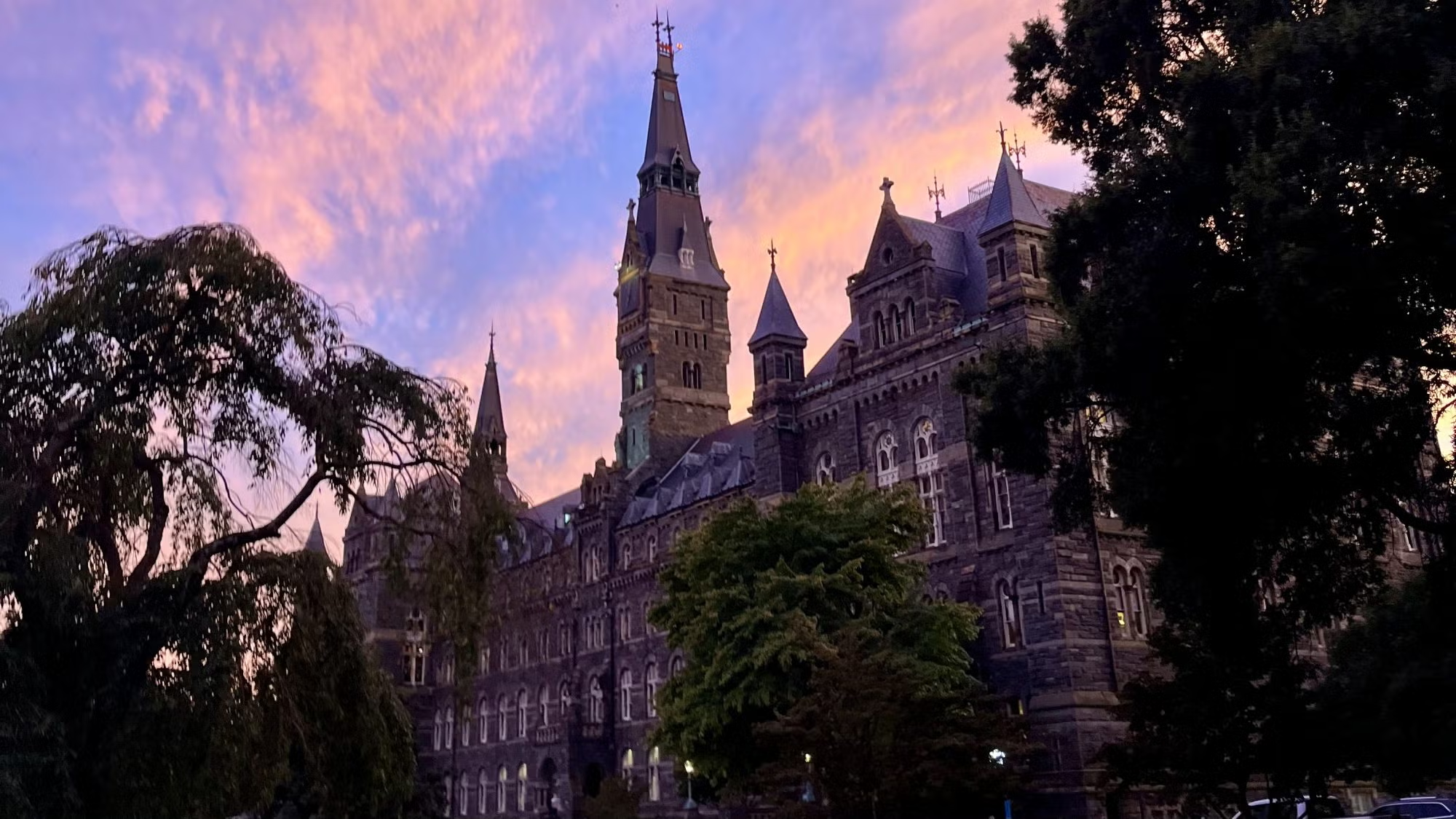
Students with certain academic accommodations that require notetaking assistance can receive anonymous note takers or use Genio, an artificial intelligence (AI) platform that records lectures and takes notes. The Georgetown chapter of the American Association of University Professors (AAUP), the national faculty association, is advocating for greater faculty input and considering amending the policy to require students to ask professors for permission before recording.
Gregory Afinogenov, AAUP Georgetown chapter president and professor of history, said the AAUP has been working with disability law experts to balance professors’ privacy concerns with generous accommodations for students by incorporating faculty voices into the policymaking process.
“The AAUP is pushing for a multi-step process,” Afinogenov told The Hoya. “One is for the university to adopt a kind of unauthorized recording ban that’s in place at the Law Center, which basically says, unless you have permission, you’re not allowed to record in class, office hours or anywhere else. And then, essentially, the idea would be to create faculty input in re-evaluating what accommodations look like in the context of this recording policy.”
The current class recording policy only requires authorization through the Academic Resource Center (ARC). The Georgetown University Law Center’s policy allows students to request recordings through its Office of Disability Services, which will inform faculty who have opted out of recording classes.
Afinogenov added that the AAUP is more concerned about students who do not have accommodations recording classes.
“We certainly do not think that the overwhelming majority of these cases come from a student who’s receiving accommodations, to be clear,” Afinogenov said. “The goal is not to blame students for anything or single them out. It’s just to create an environment where the university takes responsibility for keeping classrooms safe.”
“We want to facilitate a dialogue,” Afinogenov added.
A university spokesperson said when students with notetaking accommodations utilize Genio they are required to sign a contract that includes provisions protecting professors’ intellectual property.
“Students who receive access to Genio as an accommodation are required to sign an agreement addressing privacy, copyright, a prohibition on disclosure of recordings and deletion of recordings at the end of the semester,” the spokesperson wrote to The Hoya.
The AAUP chapter is pushing for faculty input in a new accommodations policy that cracks down on unauthorized recordings while exploring options to provide alternative solutions, such as professors recording lectures themselves and giving students access, or using more student notetakers.
Laura Moy, director of the Law Center’s Communications & Technology Law Clinic who was part of the faculty panel that instituted the Law Center recording policy, said alternative methods exist to ensure class material is still accessible without recordings.
“Professors can assign rotating note takers to take notes during class,” Moy told The Hoya. “They can assign teaching assistants to take notes during class and make them freely available. They can post their slides and teaching notes in a way that is available to all of the students in the course.”
Afinogenov said that because these concerns and any policy changes would impact students who need accommodations, he invites their input.
“We definitely want to include students more in the process,” Afingenov said. “We’re going to have a town hall for anyone who’s interested, whether faculty, students or staff.”
In advocating for the proposal, professors cited fears over having classes recorded in a contentious political climate. After the assassination of far-right political commentator Charlie Kirk, dozens of professors have been fired or reprimanded for statements made online and in classrooms, concerning free speech groups.
Moy said class recordings may discourage vibrant in-class discussions.
“Surveillance has the potential to disproportionately chill minority and dissenting viewpoints,” Moy said. “That makes it particularly concerning in a context where we really want free and open discussion in classes to advance the university’s mission of discourse among people of different faiths and viewpoints.”
Afinogenov said faculty are afraid that what they say in class could bring consequences from universities or government entities.
“There’s a real sense of real fear among faculty that their words can be used against them,” Afinogenov said. “There’s increasing pressure to have every class be video recorded by default, and that creates a real problem because the university has control of these recordings and they could be subpoenaed by the government.”
Afinogenov said AAUP members are also concerned about AI tools reading their intellectual property through recorded lectures, devaluing professors’ knowledge over time.
“A lot of these AI properties behave very analytically,” Afinogenov said. “A lot of people have had their books be illegally used by anthropic and open AI to generate content.”
Academics and lawyers have become increasingly concerned that AI is unlawfully taking intellectual property in an uncertain legal environment, leading to multiple lawsuits from publishers, writers and journalists. Genio does not permit its notes or recordings to be used to train third-party AI models, such as OpenAI’s ChatGPT or Google’s Gemini.
Afinogenov said recordings threaten both teachers and students’ political speech.
“This isn’t just a professor’s issue, it’s a student issue,” Afingenov said. “Students might be talking about their immigration status, they might be talking about gender identity or other things that might cause them to draw unwelcome attention online, so we want to make sure that privacy is protected.”





